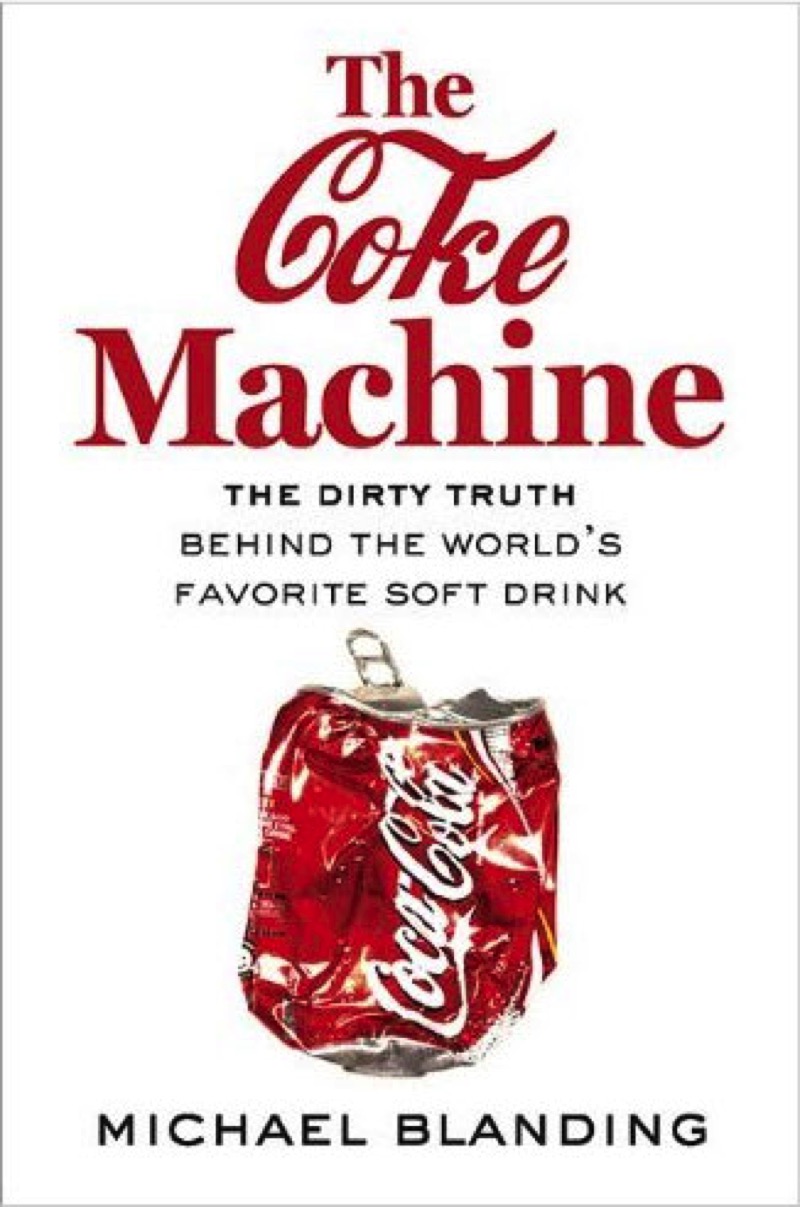by D.H. Lawrence (Woodsworth Editions, 369 pages)
D.H. Lawrence's third novel clearly sets the page for the themes he would explore in later work, most obviously the controversial Lady Chatterley's Lover. A novel that resounds with melancholy, Sons and Lovers is written in the epic mode and largely concerns the struggles of the Morel family in early 20th century England. The central figure is Paul, a stand-in for Lawrence himself, and the novel's focus on Paul's early love affairs apparently also have echos of the author's own early adventures.



